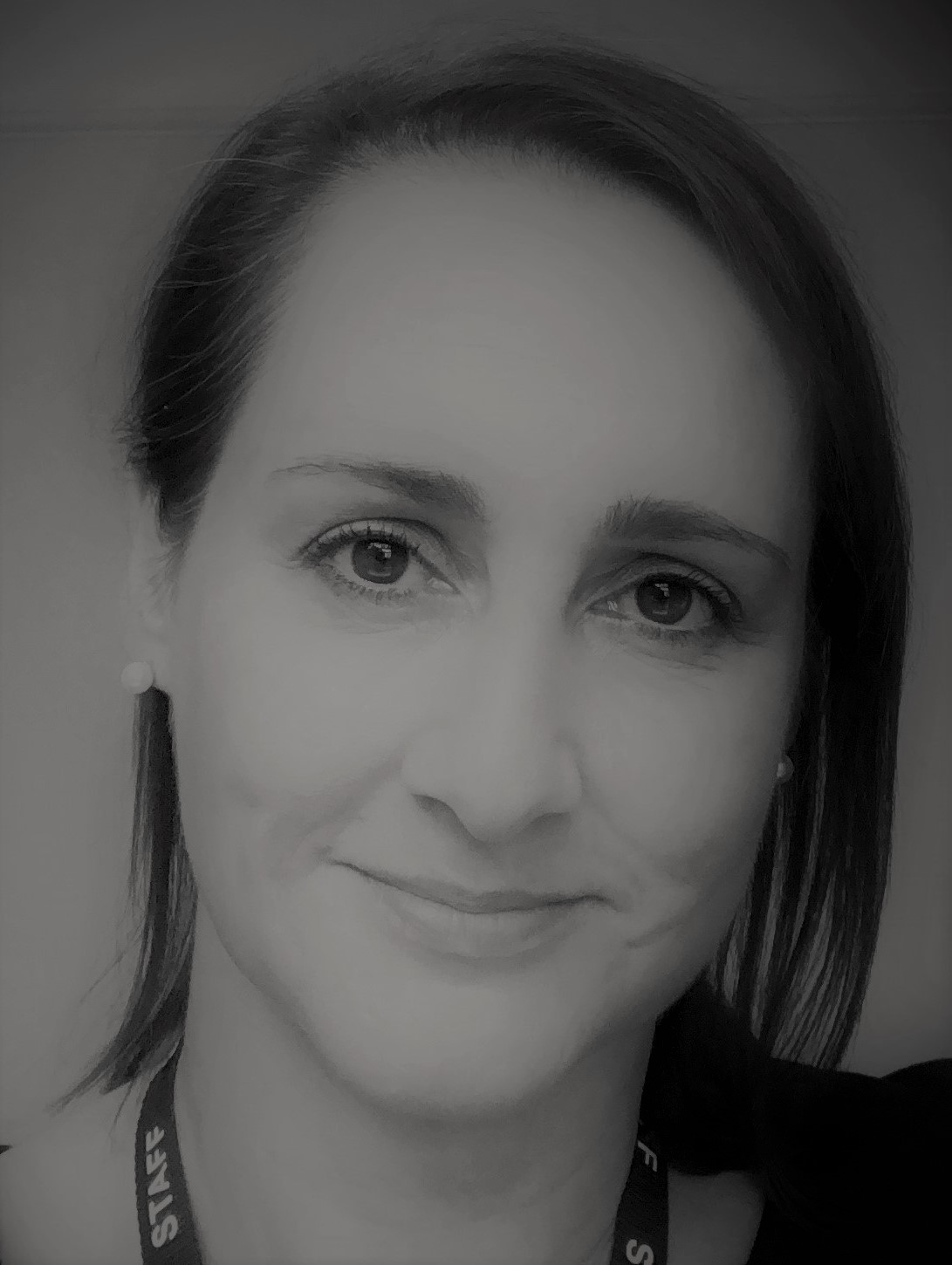Women in Resilience Spotlight: Deborah Higgins

Deborah Higgins is the Head of the Cabinet Office Emergency Planning College (EPC) in the UK. She is currently working to build and strengthen resilience capabilities in individuals, teams and organisations in the UK and overseas. As a Fellow of the Business Continuity Institute (BCI) she was editor-in-chief of the Good Practice Guidelines 2018, and responsible for the Certificate of the BCI (CBCI) training course and exam and the chair for the BCI World Conference programme. Deborah gained her experience as a practitioner in the public and private sector in the UK and internationally, and has become a respected leader in the resilience profession.
What brought you into the resilience industry?
At university I studied geographic information systems (GIS) and did my dissertation on how the insurance industry could utilise GIS technology to better understand and calculate risk. I became more interested in the consequences and impact of risks being realised than in the risk assessment itself, so decided that I wanted to focus on using GIS for emergency planning. My first job out of university was in the emergency planning unit of Surrey County Council in 1996.
How did you reach your current position? What challenges did you face?
I have tried to learn from every person I have worked with, even if it is sometimes learning what ‘not’ to do! I like reading and try to gain as broad a perspective as possible on the area I am working in or focussed on. I believe that continually building up my knowledge and skills has been a key contributor to my career development as you might expect; but more significant than professional development, has been the relationships with the people I have met. The network of colleagues and the friends I have made, have been the main factors in how I reached my current position. People have inspired me to go outside my comfort zone, to keep learning, and most importantly to have integrity and personal resilience when faced with problems in the workplace. Opportunities have presented themselves through the relationships I have made, and I have made the most of them whenever possible.
Challenges have been mainly to do with navigating the people and politics. I emigrated during my first maternity leave eighteen years ago, taking a career break to have children, and this definitely impacted my career and my confidence in resuming it. I took a significant pay cut when returning to work and also had to change jobs. Long commutes and a demanding day job while raising a young family was really hard. Now my children are more independent I have the freedom to work longer hours and give more energy to my team and my customers. I really love what I do, so it rarely feels like work, but I am not very good at relaxing apparently!
Which specific skills do you think are needed to become a leader in your field?
Becoming a leader has required a combination of being brave, confident, tenacious and of course resilient. Not being afraid to speak up and share your opinion even if you feel uncomfortable. Being yourself, sharing your enthusiasm is a plus, apologise when you are wrong, and celebrate and share your achievements. Of course, you need to know what you are talking about and be confident in your knowledge, but, be open to challenge and change, and always willing to listen to others and change your view.
I have found that self-awareness is really key to being successful in a leadership role, you don’t need to be good at everything, but you do need to know what you’re good at and what you are not!
Do you think that the BCI WIR initiative will influence our industry? If yes, how?
I have never been a fan of women only groups! At one of the BCI conferences, the keynote Baroness Eliza Manningham-Buller, retired Director general of MI5, was asked what is was like being a successful woman in her leadership role, and she responded by saying that she had no idea what it would be like to be a man in that role and therefore could not answer the question. I thought that was a great answer! I am not sure how big the issue of gender is in this industry, I have never seen it as a barrier, and like the Baroness, have no idea what it feels like to be a man or thought a lot about ‘being a woman’ in my role.
Charley Newnham and I did a joint BCI/PwC survey a couple of years ago though and it found that women are still underrepresented in the resilience profession, but is this the main issue or not? I find myself at this point in my career, feeling a responsibility to support diversity in our profession, and not just the gender issue, and so I am hopeful that the BCI WIR initiative will consider itself as a starting point for improving and building diversity as a whole in the resilience industry.
Tell us how you will personally contribute in the WiR group.
I am happy to become a mentor for anyone coming into the profession. I am also open to supporting any industry events and other initiatives.

